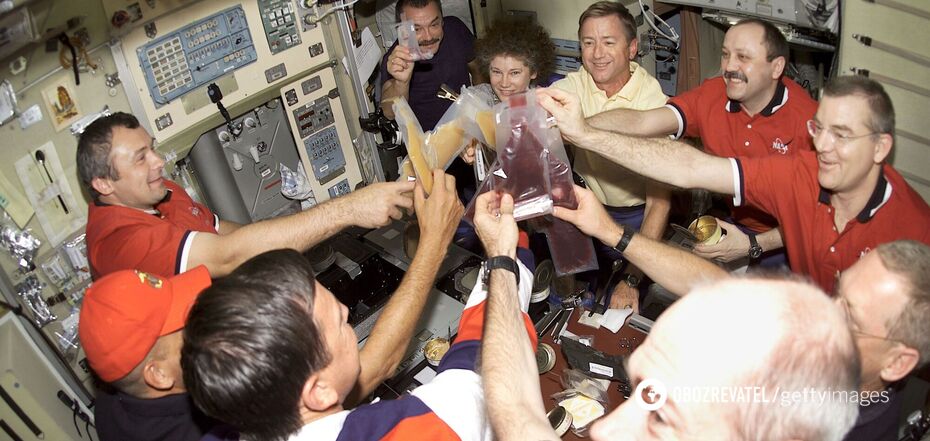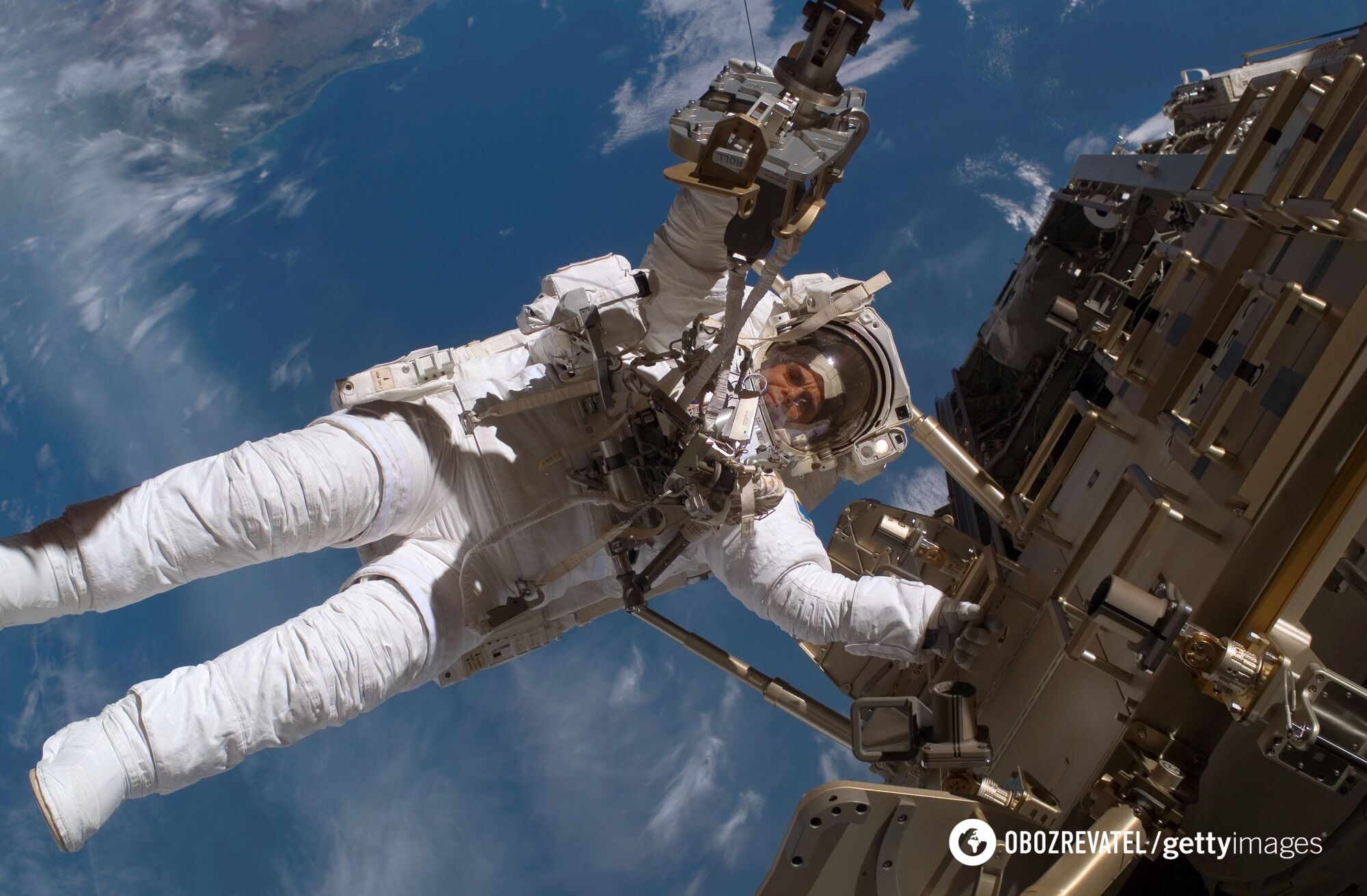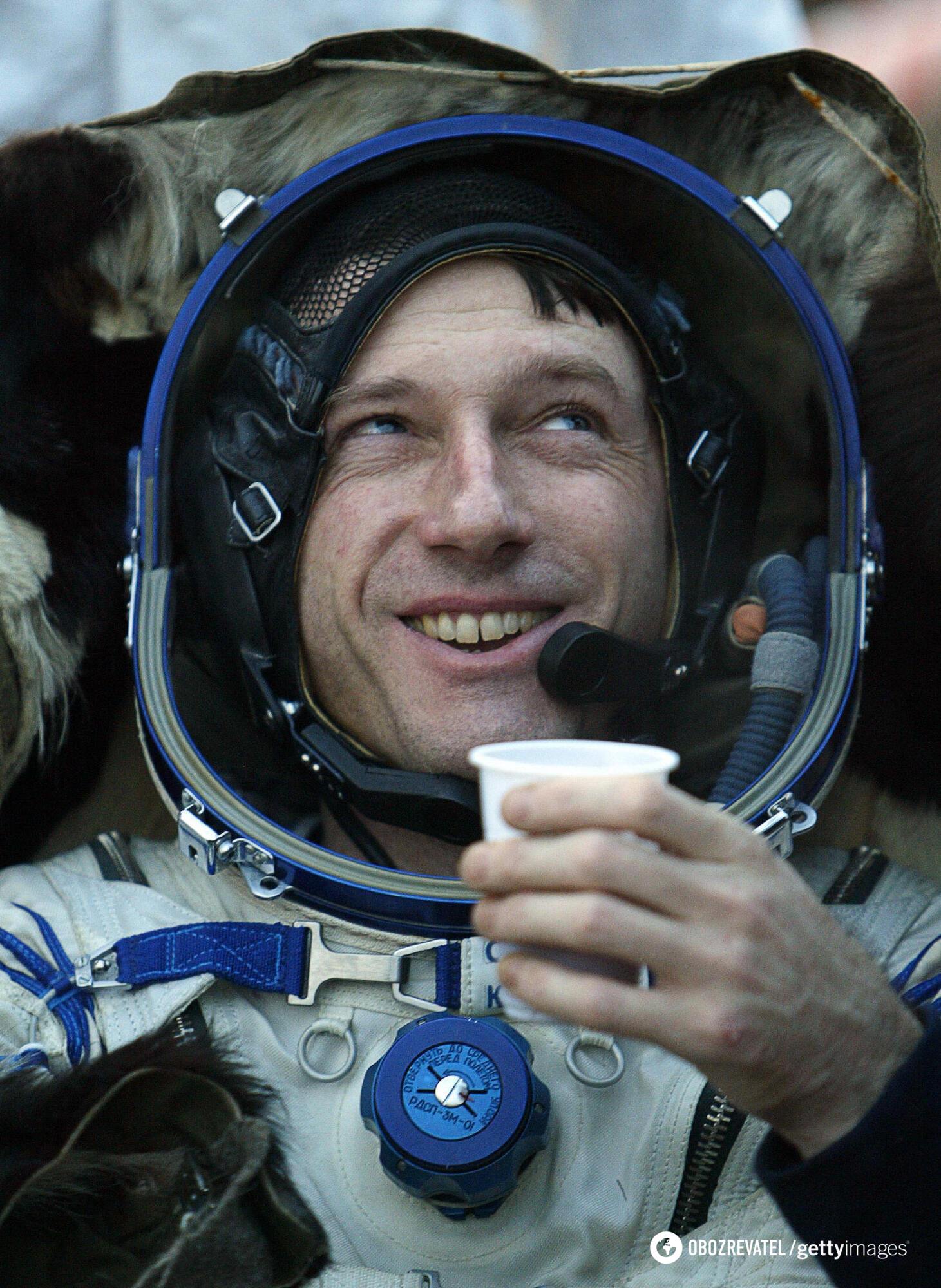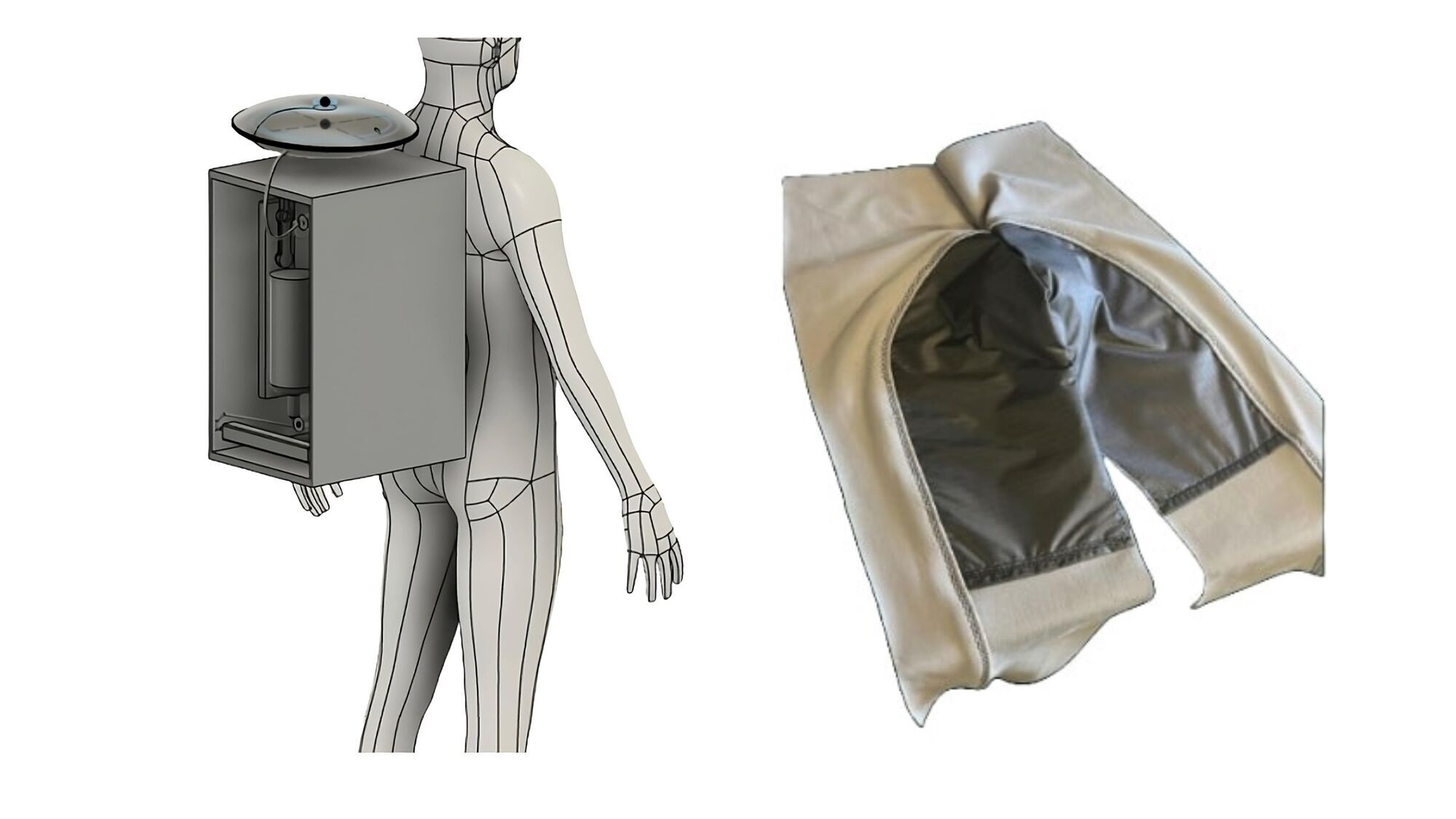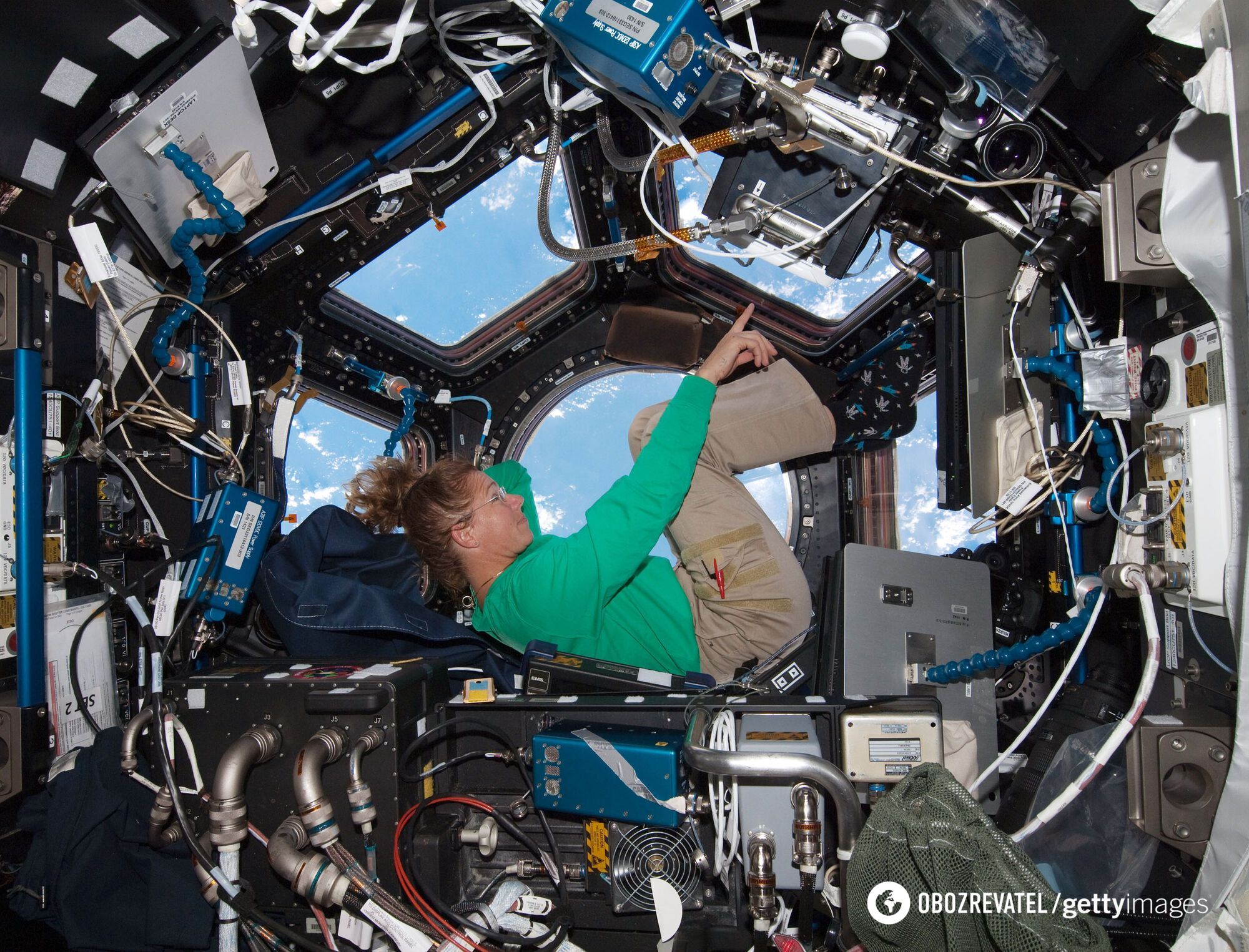News
From diaper to glass. Astronauts will be able to drink urine in space thanks to a new device
For years, scientists have been pondering two seemingly simple but essential things for comfort in space: how to provide astronauts with the necessary supply of drinking water and what kind of toilet would be most convenient in zero gravity. Finally, scientists claim to have invented a new way to capture urine and process it into drinking water.
The new lightweight system can collect and purify about 500 milliliters of water from the urine in a human space suit in just five minutes. This is a great solution for space travel, writes LiveScience.com.
Astronauts in diapers
For many years, astronauts have been wearing disposable diapers inside their spacesuits, known as maximum absorption garments (MAGs), during spacewalks around the ISS. Developed in the early 1980s, this garment collects and stores urine, allowing astronauts to defecate on the go. But given that spacewalks can sometimes last up to eight hours, MAGs can cause astronauts physical discomfort and risk skin irritation and infection.
MAG also does not recycle water in urine, so astronauts must rely on a fixed supply of water (0.95 liters) that they carry in a beverage bag in their spacesuit during their walk.
A new filtration system
But now scientists believe they have a solution to two problems at once. After all, the newest system collects and purifies about half a liter of water from the urine in an astronaut's spacesuit in just five minutes.
If approved, astronauts will wear underwear made of flexible compression material and lined with antimicrobial fabric. The system also includes a moisture sensor that senses urine. The sensor is located in a silicone cup under the user's genitals.
Urine detection turns on a vacuum pump, which then draws urine into a filtration device worn by the astronaut on his or her back. The filter is approximately 38 centimeters high and 23 cm wide. The 8-kilogram filter device will turn the urine into fresh water, which can then be delivered to the suit's beverage bag.
First tests
The new system is still at the initial stage of testing. "Getting urine out of the body as quickly as possible should reduce some of the health complications astronauts currently face, such as rashes, urinary tract infections, and digestive disorders. Also, the larger overall water supply that our system generates will support the astronauts' hydration," said lead author of the study and Weill Cornell Medicine scientist Sofia Etlin.
The spacesuits are limited in size and battery capacity, so the volume and energy needs of a new system need to be carefully considered. "When it comes to sending new technology into space, the process is quite time intensive," said Etlin.
The research team has tested the filtration system, "but more research with humans will be needed to maximize convenience and comfort."
Scientists must test whether the device works in conditions realistically encountered in space, such as microgravity. If the tests on Earth are successful, the suit will be tested during real spacewalks from the ISS.
"Our system is likely to be implemented only in new spacesuits according to their specifications, which will require additional adaptation of the technology. So next year we will definitely not see astronauts without diapers," summarized Sofia Etlin.
However, if the tests of the new system are successful, it could help solve a long-standing dilemma for astronauts. The question of how to deal with urine during spacewalks is especially relevant given that NASA plans to establish a permanent outpost on the Moon by the end of the decade.
Only verified information is available on the OBOZ.UA Telegram channel and Viber. Do not fall for fakes!


